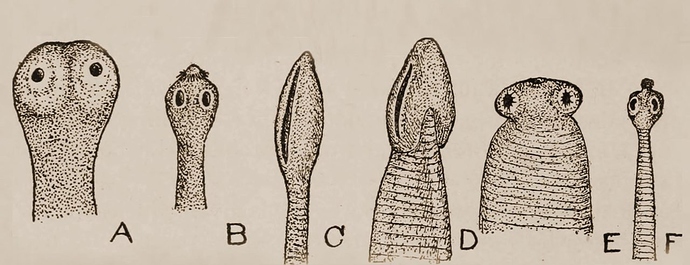Regarding the Tsimane in particular (from the linked study in your snippet):
Apparently they are also mostly infected with helminths (worms) and there is some thought that it is the presence of these parasites that is providing them with anti-inflammatory protection.
“Rather than being considered an inflammatory risk for cardiovascular disease, helminth infection might be protective against the development of atherosclerosis.”
https://www.thelancet.com/journals/lancet/article/PIIS0140-6736(17)31955-4/fulltext
Regarding the NYT article you referenced - it was a good read. One very interesting factor is that when people from these remaining hunter-gatherer societies move into towns and adopt modern eating and activity patterns, they develop the same diseases that western civilizations do.
There is SOMETHING in the foods that we eat, and perhaps the loss of metabolic benefit from reduced constant but moderate physical activity, that causes this.


 …lol They help you eat and digest your carbs, proteins and fats? Sharing is caring?
…lol They help you eat and digest your carbs, proteins and fats? Sharing is caring?